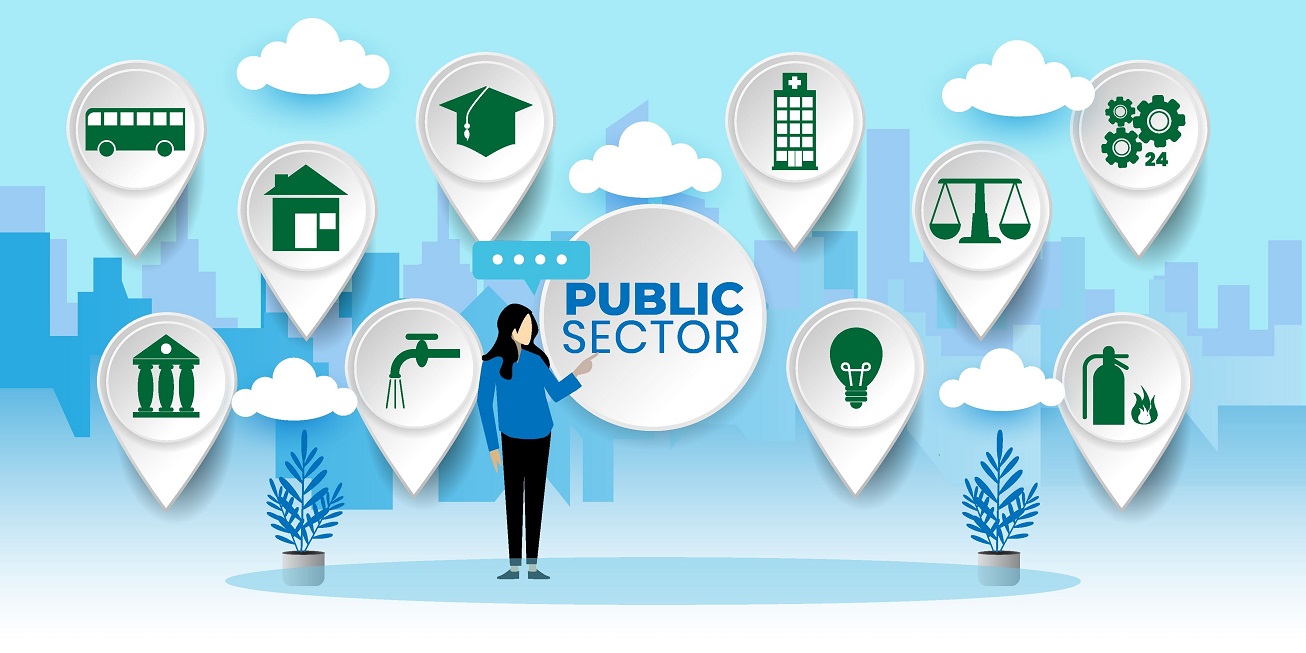
Public Services Day
The definition of public services varies from country to country, and may include services such as education, healthcare, water, sanitation, and transport.
In many countries, these services are generally owned, managed and delivered by the state, the community, or a collaboration of both.
They should ideally benefit the people, rather than pursue commercial or profit-making objectives.
To ensure that everyone has access to these services, regardless of their background, public services should be available, of high quality, and free from discrimination. They should also be culturally responsive, transparent, and provide access to relevant information, to enable society members to participate effectively in decision-making processes.
In the event of violations, these services must be accountable and offer just remedies.
In the past decades, we have seen private actors get more and more involved in the provision of public services, leading to an increase in inequality and discrimination.
This means that access to quality services is now limited to those who can afford it.
Public services exist for the people, and serve essential purposes that should not be used to make a profit.
By providing quality public services to the people, governments can lower inequalities and fulfill their responsibilities under human rights law.
Despite the current challenges, there are reasons to be optimistic.
People from different sectors are coming together to emphasize and raise awareness on the significance of public services as essential tools for enabling everyone to live with dignity, while guaranteeing their economic, social and cultural rights.
Public services are the foundation of a fair, inclusive and just society.




